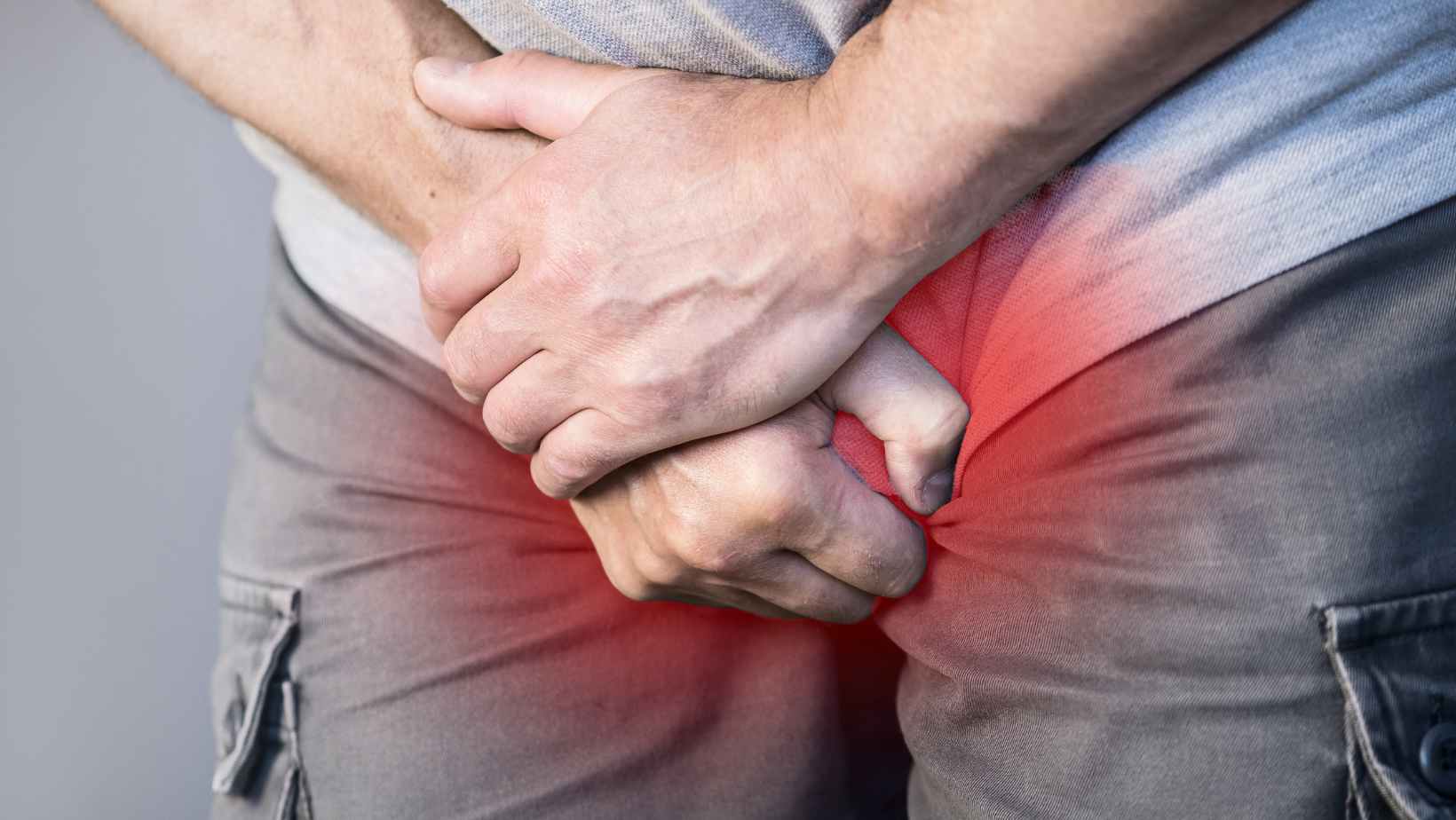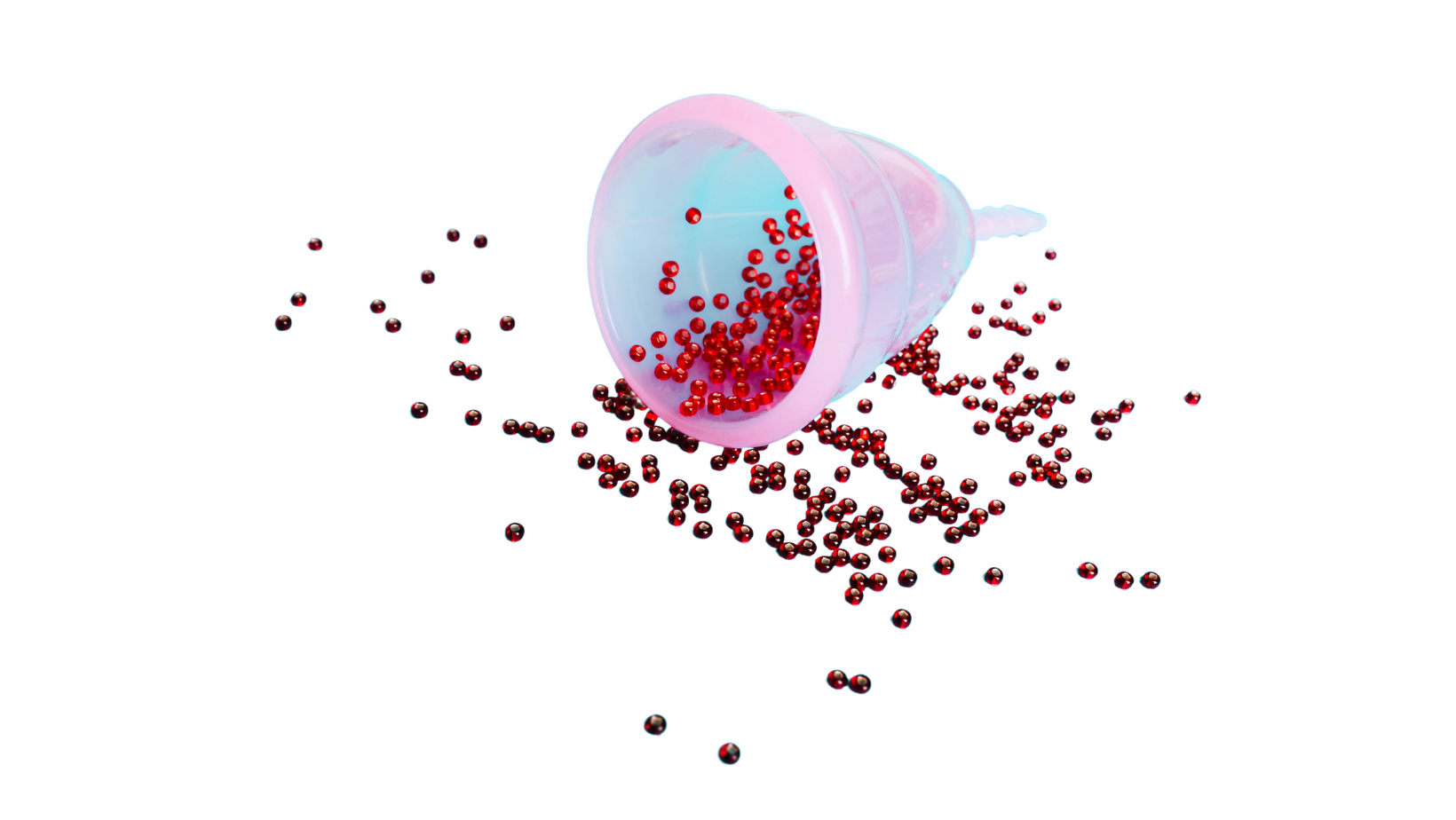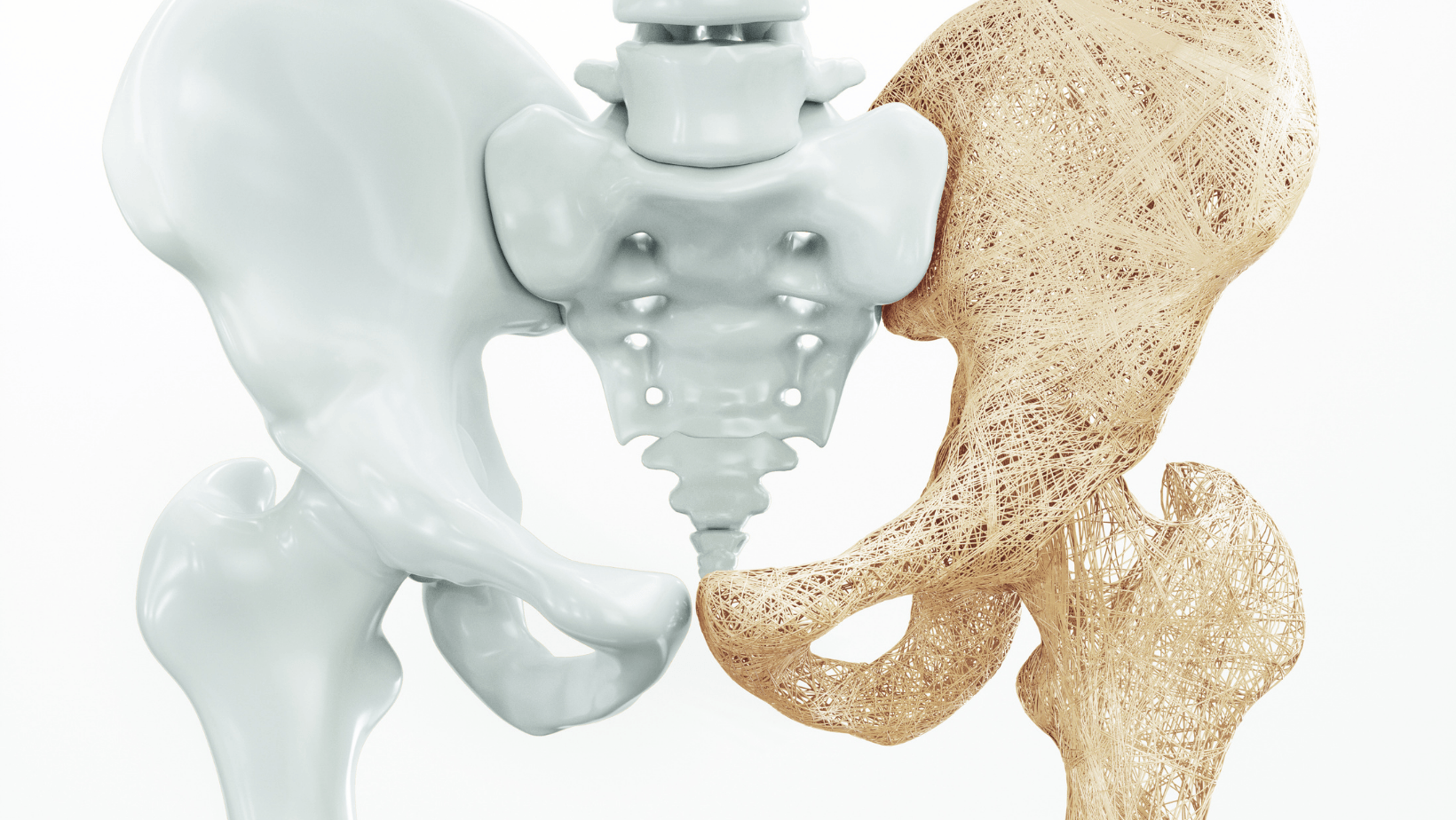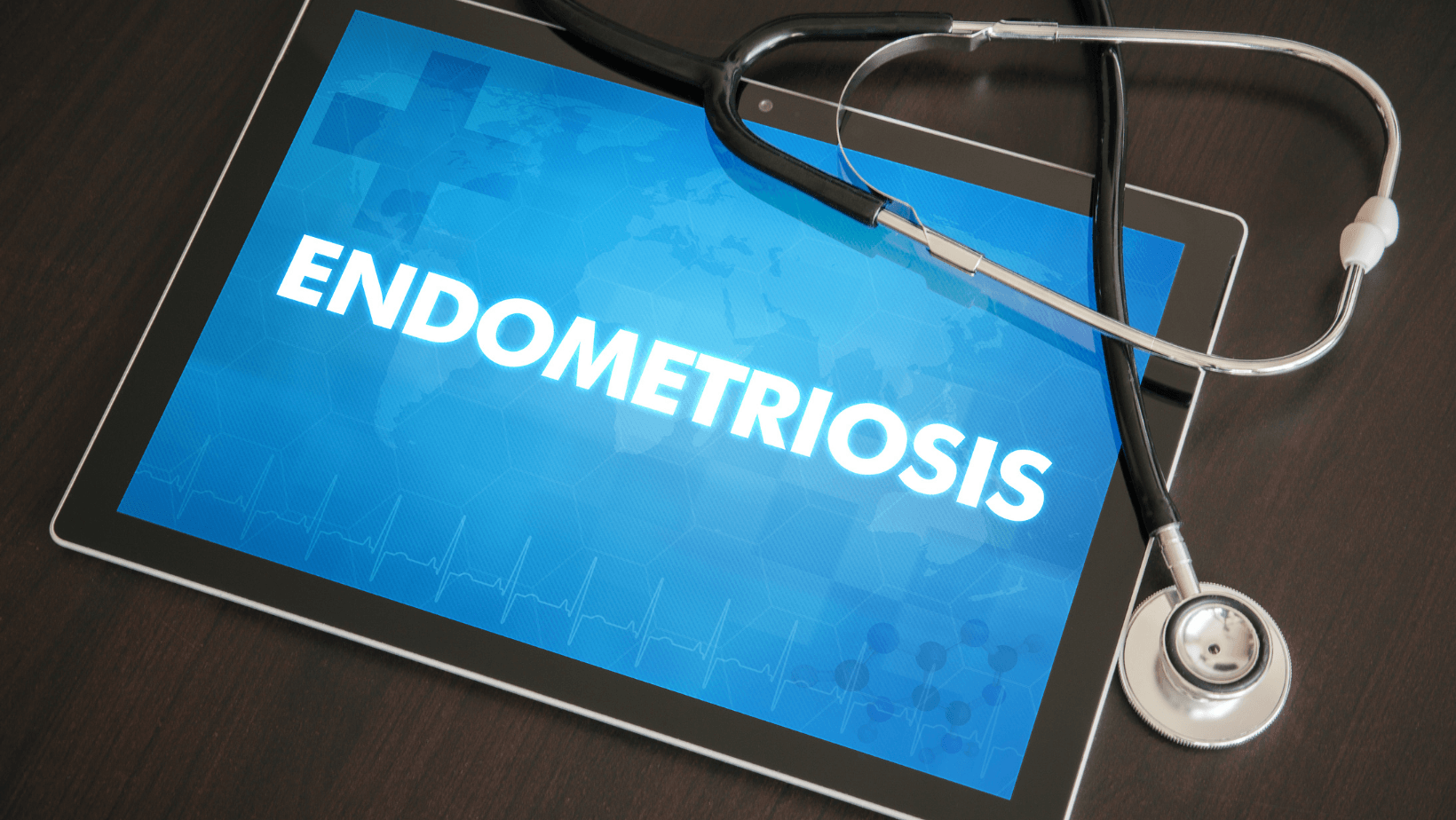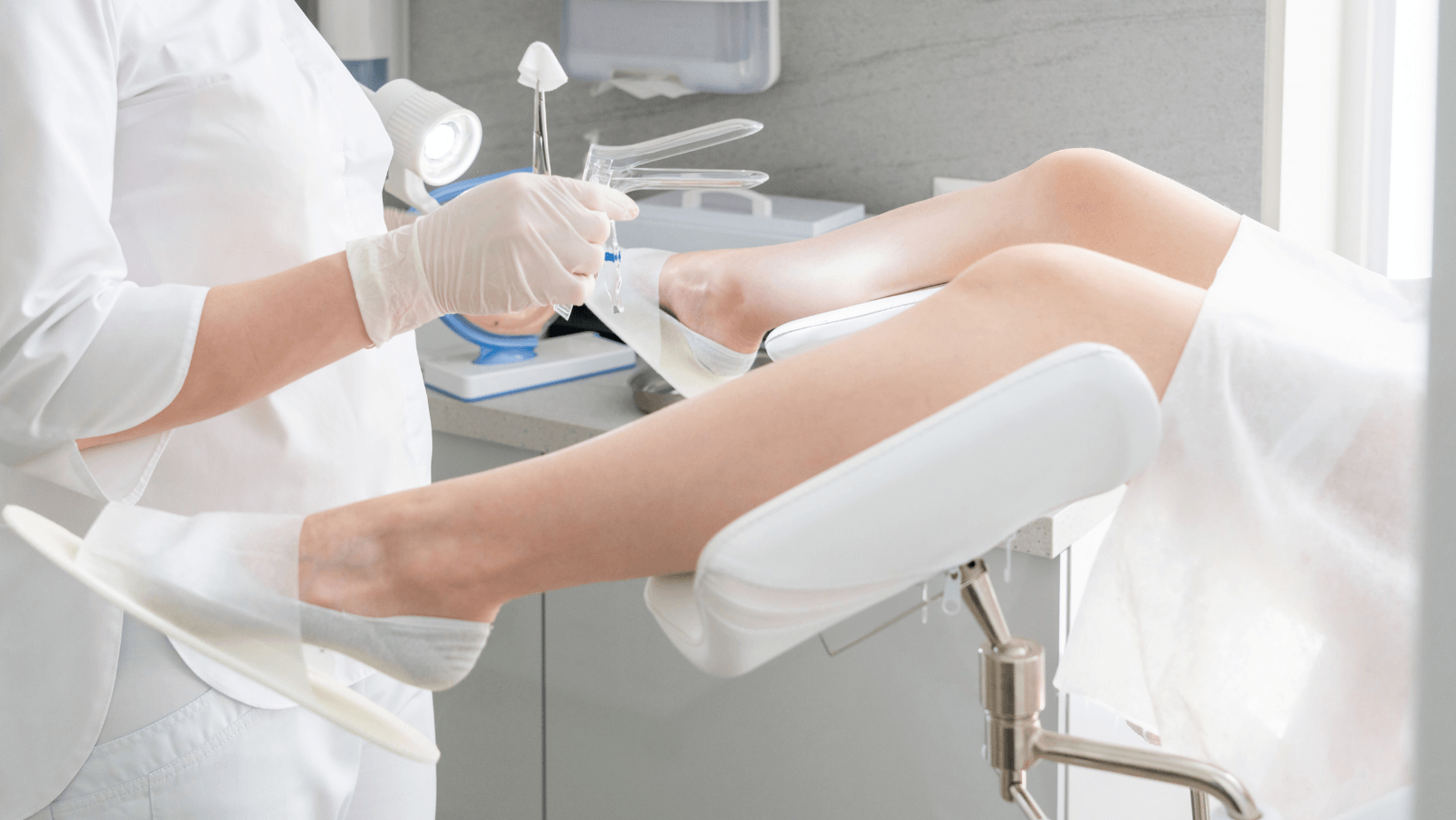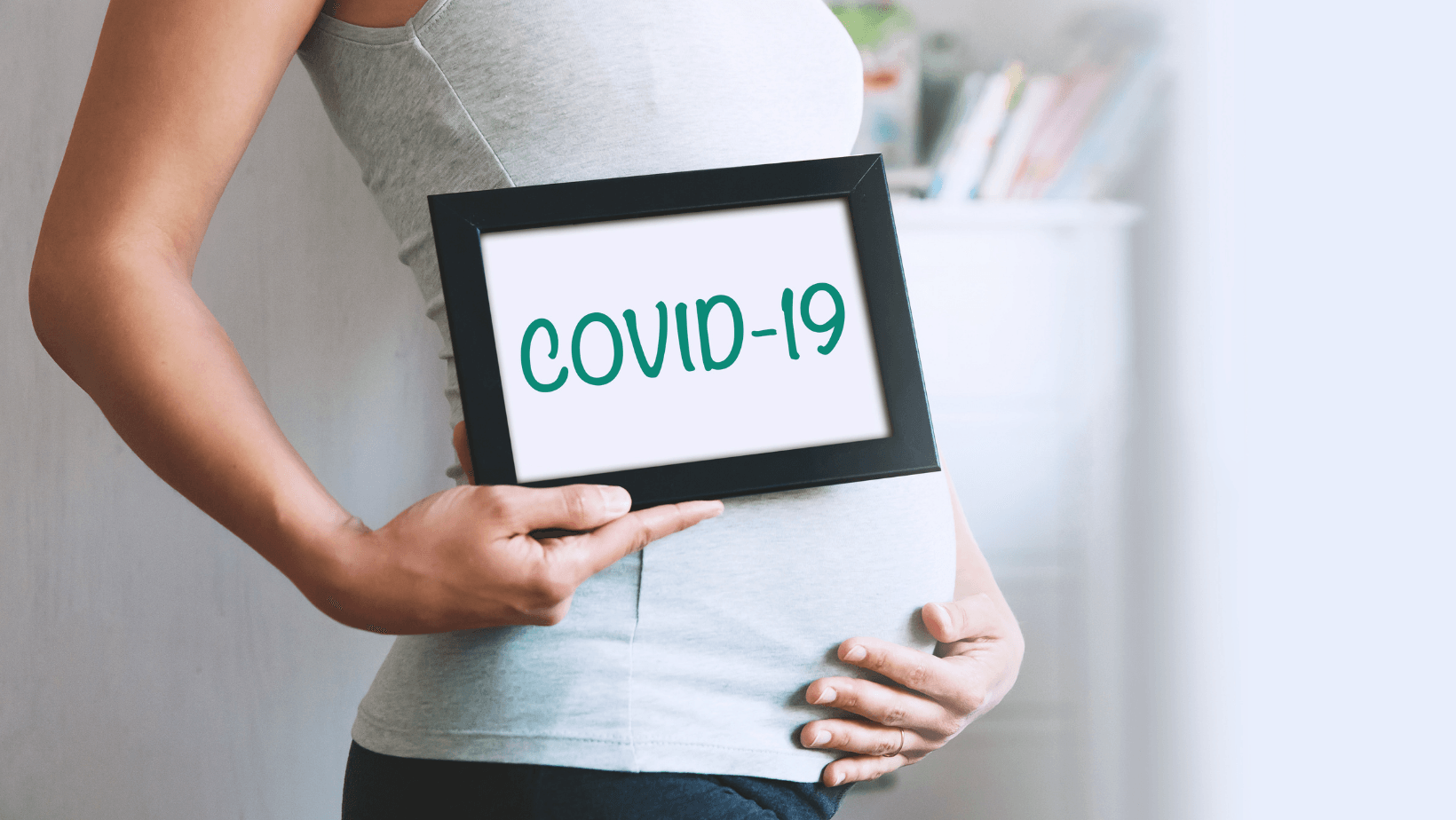Gastritis - Symptoms, Causes, and Treatment - Avicenna Health
Gastritis
Definition of Gastritis
Gastritis is an inflammation and irritation of the protective lining of the stomach.
It can be acute gastritis, which occurs suddenly and involves severe inflammation. Or it can be chronic, which occurs slowly over time and involves long-term inflammation.
Symptoms
Symptoms of gastritis can be different from one person to another, and sometimes the disease can be asymptomatic.
The most common symptoms are:
- Abdominal pain – which is a burning pain in the abdomen that can be worse after earing.
- Nausea and vomiting
- Loss of appetite
- A feeling of fullness in the abdomen, and that particularly after eating.
- Indigestion
- Abdominal bloating
- Hiccups
Causes of gastritis
- Extreme consumption of alcohol
- smoking
- NSAIDs like Ibuprofen
- Chronic Vomiting
- Infections
Risk Factors
- Infection with H. Pylori
- The regular use of pain medications such as Aspirin
- stress
- excessive alcohol consumption
- old people
- autoimmune diseases
- bile reflux – which is when the bile flows back into the stomach from the bile tract
When to see a doctor?
- If you have severe symptoms that can’t be relieved by antacids.
- If you have any of the complications like stomach ulcers which can cause bleeding. Bleeding can lead to black and tarry stools or vomiting blood.
Diagnosis
Doctors can make the diagnosis with a medical history and physical examination. But there are some tests and procedures to confirm the diagnosis and to know the exact cause;
- Tests for H. pylori (stool test or breath test) – to know if the patient has an infection with Helicobacter Pylori.
- Endoscopy – to see if there are erosions in the lining of the stomach
- FBC (blood test) – to see if the patient has anemia
- X-Ray of the upper digestive system
- Serum Vit B12 – it can be normal or low in autoimmune disease
- Fecal occult blood test (stool test) – to see if there is blood in the stool
Management
It depends on the cause of the disease.
Acute gastritis caused by NSAIDs or alcohol can be relieved by stopping these substances.
- H. Pylori infection is treated with antacids and antibiotics
- Taking Antisecretory drugs such as PPIs (Omeprazole and esomeprazole)
- Avoid irritating foods (spicy – hot – fried – fatty)
- Avoid smoking and alcohol
- Switch Pain medications (after asking the doctor)
- Eat smaller but more frequent meals
- Take Vit B12 (if the cause was an autoimmune disease such as pernicious anemia).
References
Mayo clinic
BMJ
Healthline
WebMD
If you have any concerns about non-emergent health conditions, you may schedule a telemedicine consult with Avicenna Health provider for individualized consultation.

